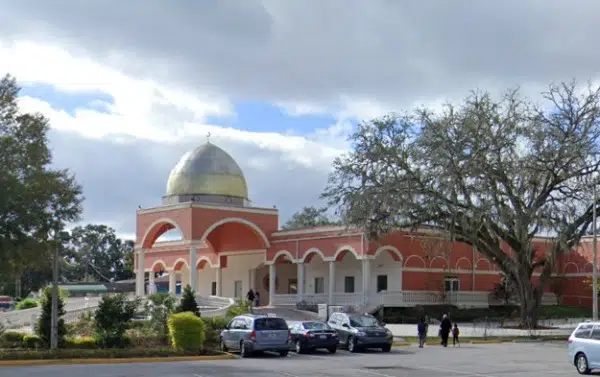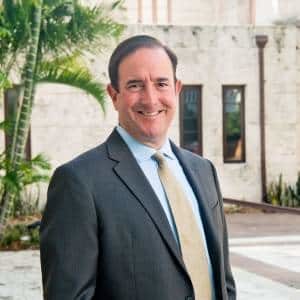
According to WFLA News Channel 8, Ehab Ghoneim has been charged with sexual assault while volunteering as the youth director at the Islamic Society of Tampa Bay (ISTABA), located at 7326 E Sligh Ave, Tampa, FL 33610.
Federal agents arrested Ghoneim after he was brought back to Florida from Chicago. He has been accused of sexually assaulting at least five minors while volunteering at the mosque in Tampa. Police think there may be more victims.
Ghoneim was a trusted spiritual leader that would host sleepovers at his home in Pinellas Park. During one such sleepover, a victim alleges that Ghoneim provided the victims with pills that he said would help with sleeping. The victim further alleged that they awoke to the former director touching the victim's genitals and initiating inappropriately sexual contact. The victim stated that the youth director frequently hosted these sleepovers.
Many families reported the abuse to the board but did not see any actions. However, their statement said they knew about the allegations four months ago and immediately banned Gheneim from the mosque.

Attorney contributor Michael Haggard is an experienced sexual abuse attorney licensed in Florida. He represents victims of sexual abuse along with their families in civil lawsuits. Michael has shared his insight on the legal rights and options of victims of sexual abuse in a mosque.
Sexual assaults occur too often in religious organizations across the country. This happens when sexual predators gain positions of power to exploit their victims who put their trust in them. This is seen in religious institutions across religions and spiritual traditions, such as mosques. Unfortunately, numerous religious leaders have been accused of sexual abuse of congregation members, including minors.
Religious institutions have a legal obligation to protect their congregation. In order to do this to the best of their ability, they must implement adequate security measures within the institution. These can include doing stringent background checks on all members of the clergy, including volunteers. Other measures might consist of security cameras throughout the property, and an acceptable reporting policy in place in case abuse occurs.
Failure to provide these and other security measures can lead to the religious institution being found negligent. Victims are encouraged to inquire if such preventative measures were in place in the event of a crime. If a crime is deemed foreseeable, the religious institution may be considered liable in a civil lawsuit. An example of a foreseeable crime could include if misconduct on a clergy member was reported, but the administration failed to investigate or report to the authorities to prevent it from occurring again.
 info@legalherald.com
info@legalherald.com